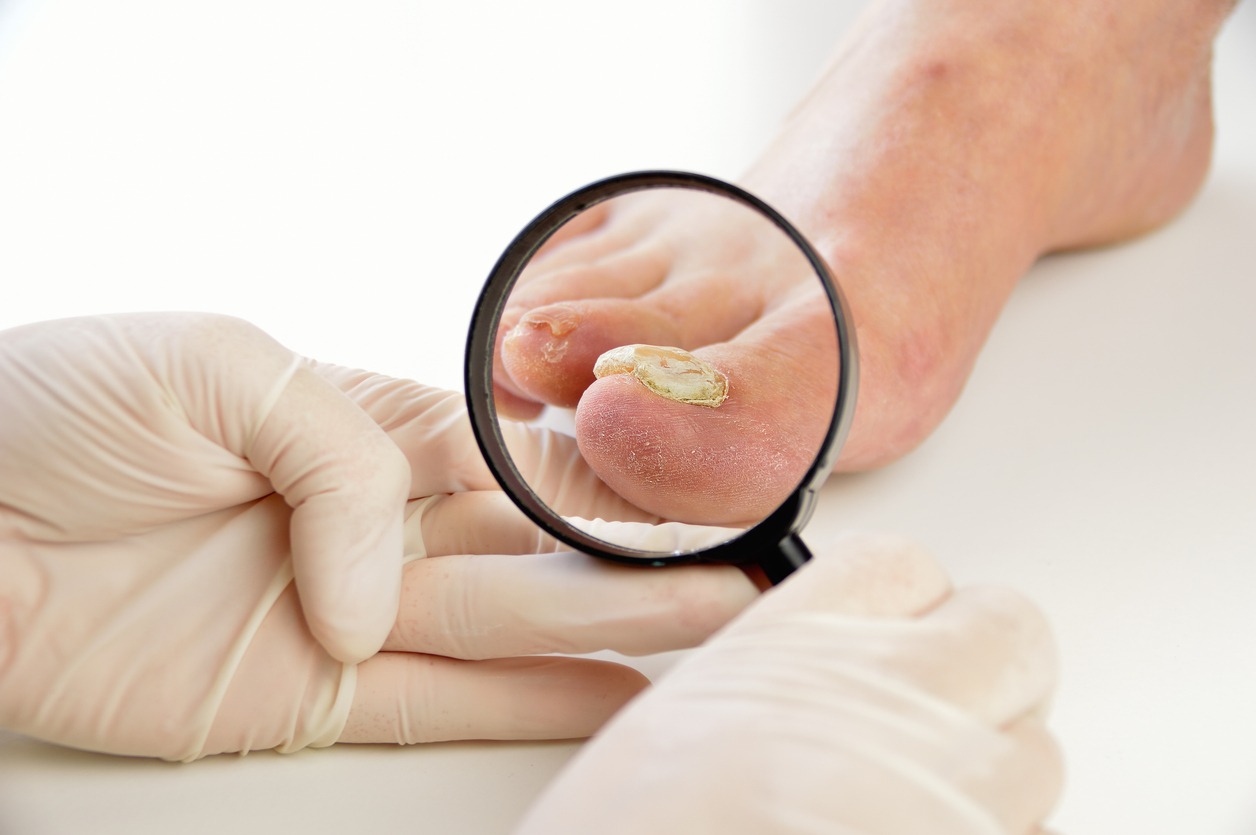What Are the Different Types of Essential Oils and Their Uses?
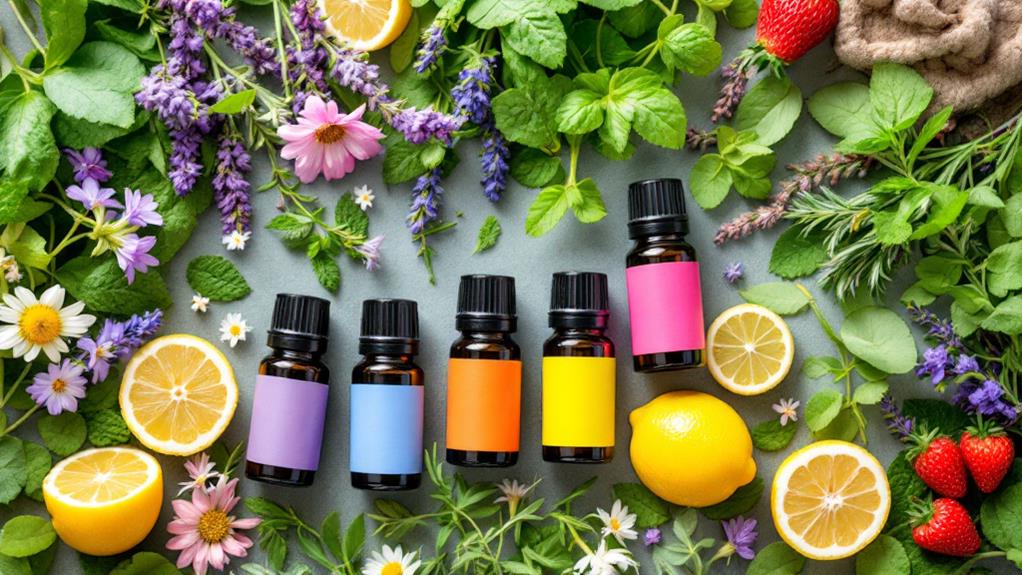
You're initiating a quest to uncover a range of vital oils, each with distinct benefits. Lavender oil calms and aids sleep, while tea tree oil is known for its antiseptic properties against acne and insect bites. Peppermint oil can relieve headaches and aid digestion, and eucalyptus clears nasal congestion. Lemon elevates mood with its uplifting aroma, and frankincense offers relief for arthritis and asthma. Ginger supports digestion, while bergamot eases stress, and ylang-ylang promotes inner peace. Don't forget orange for energy and chamomile for relaxation. There's more to investigate about how each oil improves your emotional and physical well-being.
Understanding Essential Oils
Understanding vital oils begins with recognizing their nature as concentrated plant extracts containing aromatic compounds. These compounds are derived from numerous parts of plants, such as roots, leaves, flowers, barks, and peels. Fundamental oils play a significant role in aromatherapy, a practice that harnesses their aromas to promote emotional and physical well-being. You'll find that the benefits and uses of fundamental oils are extensive, catering to a wide range of health benefits.
When you investigate fundamental oils, you're diving into a world where natural remedies meet holistic health practices. The industry boomed to over $11 billion in 2022, underlining a growing interest in these powerful extracts. Extraction methods like distillation, cold pressing, and solvent extraction influence the oils' quality and characteristics, ensuring each drop delivers potent benefits.
Incorporating fundamental oils into your life can improve your emotional state and support physical health. You might use them in diffusers to fill your space with calming or invigorating scents, or in skincare routines for their nourishing properties. Moreover, fundamental oils can serve as a natural alternative in household products, offering both aromatic pleasures and practical uses.
Popular Essential Oils
Investigate the world of popular fundamental oils and uncover their varied benefits and applications. Lavender oil, a staple in aromatherapy, is cherished for its calming effects. It helps relieve stress, improve sleep quality, and manage pain. If you're dealing with acne or fungal infections, tea tree oil is your go-to. Its powerful antiseptic and antimicrobial properties make it a flexible choice for treating multiple skin issues.
For a revitalizing and energizing uplift, peppermint oil is unparalleled. Its invigorating scent not only helps alleviate headaches but also supports digestive health. You can use it to rejuvenate your senses whenever you need an energy lift. During cold and flu season, eucalyptus oil comes in handy. It effectively relieves nasal congestion and boasts antimicrobial and anti-inflammatory benefits, making it a must-have for respiratory relief.
Lemon oil is another fundamental oil worth investigating. With its uplifting aroma, it improves mood and reduces anxiety. Plus, its antibacterial properties make it a fantastic supplement to cleaning products and culinary creations. Each of these popular essential oils offers unique benefits, allowing you to tailor their use to suit your needs and preferences.
Physical Health Benefits
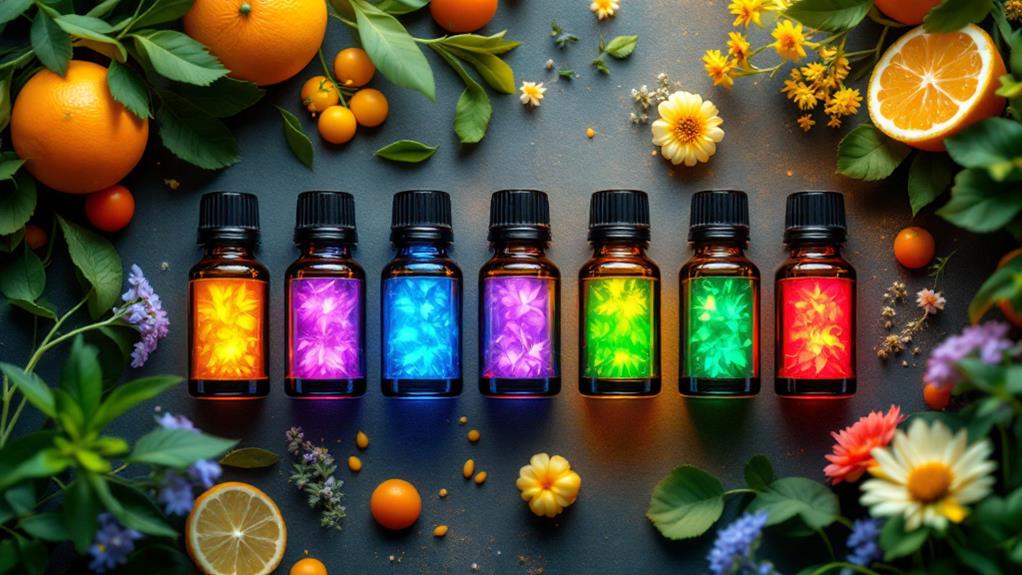
In regards to enhancing physical health, vital oils pack a powerful punch. Fundamental oils like eucalyptus are renowned for their ability to loosen mucus and relieve coughs. If you struggle with joint pain, the anti-inflammatory properties of eucalyptus oil offer relief. Frankincense oil is another powerhouse, effective in managing arthritis, asthma, and psoriasis by promoting deep breathing and reducing inflammation. However, it's always wise to seek medical advice before using fundamental oils, especially if you have pre-existing conditions.
Lavender oil stands out for its calming effects and ability to improve sleep quality. It also helps heal minor wounds and alleviates symptoms of PMS and headaches. For those dealing with digestive issues, ginger oil is a go-to. It effectively alleviates heartburn and supports comprehensive digestive health, offering significant physical health benefits. Meanwhile, tea tree oil is a powerful antiseptic, perfect for calming insect stings, reducing acne, and promoting skin healing.
While fundamental oils offer numerous physical health benefits, be mindful of potential side effects. Always perform a patch test and consult a healthcare professional to verify you're using them safely and effectively.
Mental and Emotional Uses
In relation to mental and emotional well-being, vital oils can be incredibly advantageous. Key oils, like lavender, have calming properties that are perfect for aromatherapy. They can help relieve anxiety and improve sleep quality, making them irreplaceable for emotional balance. Imagine using these oils to transform your mental space:
- Lavender Oil: Feel your worries melt away as lavender eases anxiety and improves sleep. It's a foundation of any aromatherapy routine.
- Bergamot Oil: Raise your mood and reduce stress with bergamot. Although it lifts your spirits, remember to be cautious with sun exposure.
- Ylang-Ylang Oil: Need a confidence lift? Ylang-ylang boosts self-esteem and promotes inner harmony, ideal for massages or diffusion.
- Orange Oil: Feel energized and positive with orange oil. It's known to ease anxiety and even help with PTSD symptoms, creating an uplifting environment.
Chamomile key oil is another excellent option for reducing nervous tension and promoting relaxation. Blending it with other oils can improve its emotional support capabilities. By incorporating these key oils into your routine, you can achieve a more balanced emotional state and effectively manage stress.
Safe Application Methods
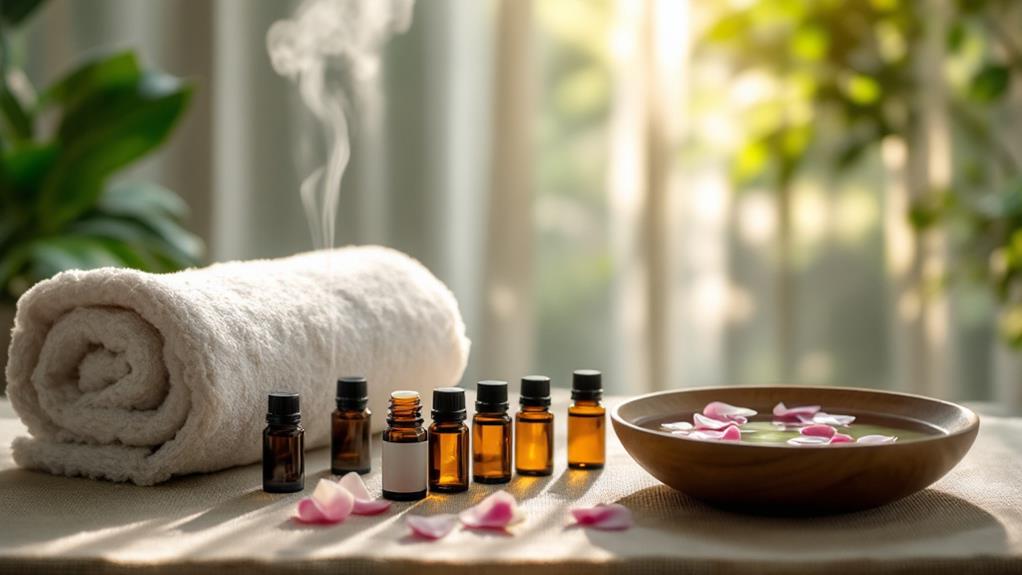
Applying crucial oils safely is important to maximizing their benefits while minimizing any risks. When using essential oils topically, always dilute them with carrier oils, such as coconut or jojoba oil. A common ratio is 1-2 drops of essential oil per teaspoon of carrier oil to prevent skin irritation. This method guarantees you can enjoy the therapeutic effects without discomfort.
Inhaling essential oils is another effective approach. You can use a diffuser to disperse the oils into the air, which allows you to experience their aromatic benefits without direct contact. Alternatively, add a few drops to a bowl of hot water and inhale the steam. Direct inhalation straight from the bottle is quick, but do it sparingly to avoid overwhelming your senses.
For a relaxing experience, add essential oils to a warm bath. Use an emulsifier, such as milk or a carrier oil, to help the oils disperse evenly in the water. If you're targeting a specific area, consider using compresses. Soak a cloth in a diluted solution of essential oils for localized treatment, which can be particularly effective for pain or inflammation. These methods guarantee safe and enjoyable use of essential oils.
Potential Risks and Safety
When exploring the world of crucial oils, it's significant to be aware of the potential risks and safety measures involved. Fundamental oils can offer numerous benefits, but they also come with certain hazards. To guarantee your experience is positive, consider the following guidelines:
- Dilution is Key: Fundamental oils can cause skin irritation if not properly diluted. Stick to a standard ratio of 1-2 drops of fundamental oil per teaspoon of carrier oil to minimize the risk.
- Ingestion Caution: Think twice before ingesting fundamental oils. Some can be toxic or cause severe reactions, especially in children and pets. Always consult with a professional before internal use.
- Watch out for Neurotoxicity: Oils like tea tree and eucalyptus have been linked to neurotoxicity and seizures. Be particularly cautious when using these around vulnerable populations, such as children and the elderly.
- Pregnancy Precautions: If you're pregnant, consult your healthcare provider before using fundamental oils. Some may not be safe and could lead to complications.
Lastly, store your fundamental oils in dark bottles, away from heat and sunlight, to maintain their effectiveness and safety. By following these steps, you can enjoy the benefits while minimizing potential risks.
Current Trends and Insights
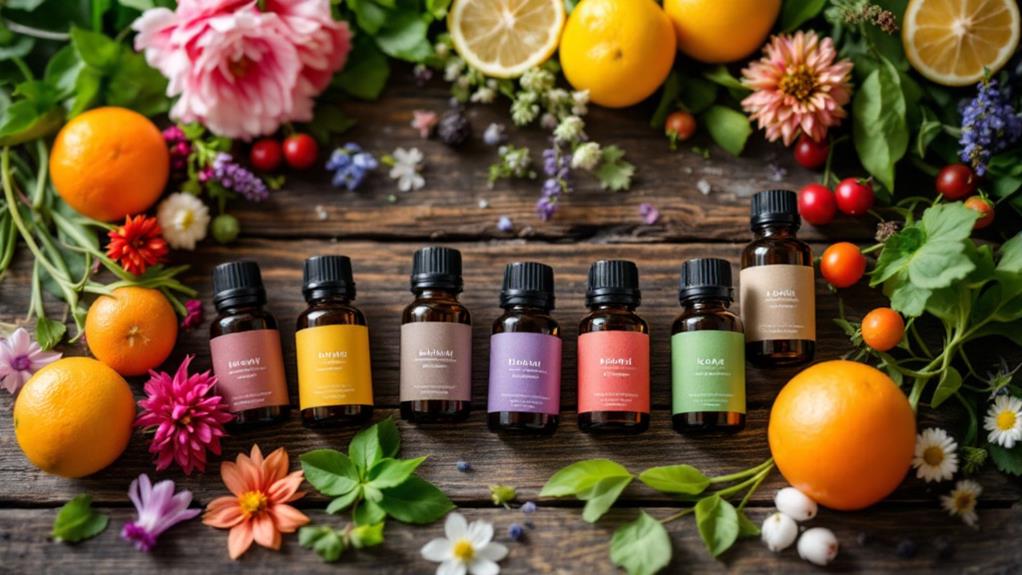
The vital oil market is booming, with projections exceeding $11 billion, and it's clear why. As more people turn to natural remedies and holistic health practices, key oils have gained popularity. Platforms like Instagram and Pinterest have made it easy to uncover DIY beauty products and home cleaning solutions using these oils, contributing to their growing demand. Aromatherapy enthusiasts enjoy the benefits of lavender, eucalyptus, and peppermint, among others, for relaxation and wellness.
You're probably noticing a shift towards sustainably sourced key oils. Consumers, including you, are becoming more conscious of the environmental impact of harvesting these oils. It's significant to look for brands that prioritize ethical sourcing to minimize harm to the planet.
Community workshops and online classes are popping up everywhere, making it easier for you to learn about blending, safety, and application techniques. This hands-on approach not only educates but also builds a sense of community among like-minded individuals interested in holistic health.
Meanwhile, research continues to investigate new applications of key oils. Studies are examining their potential benefits across diverse health conditions, providing valuable insights that might shape future uses. Stay informed to make the most of these evolving trends!




